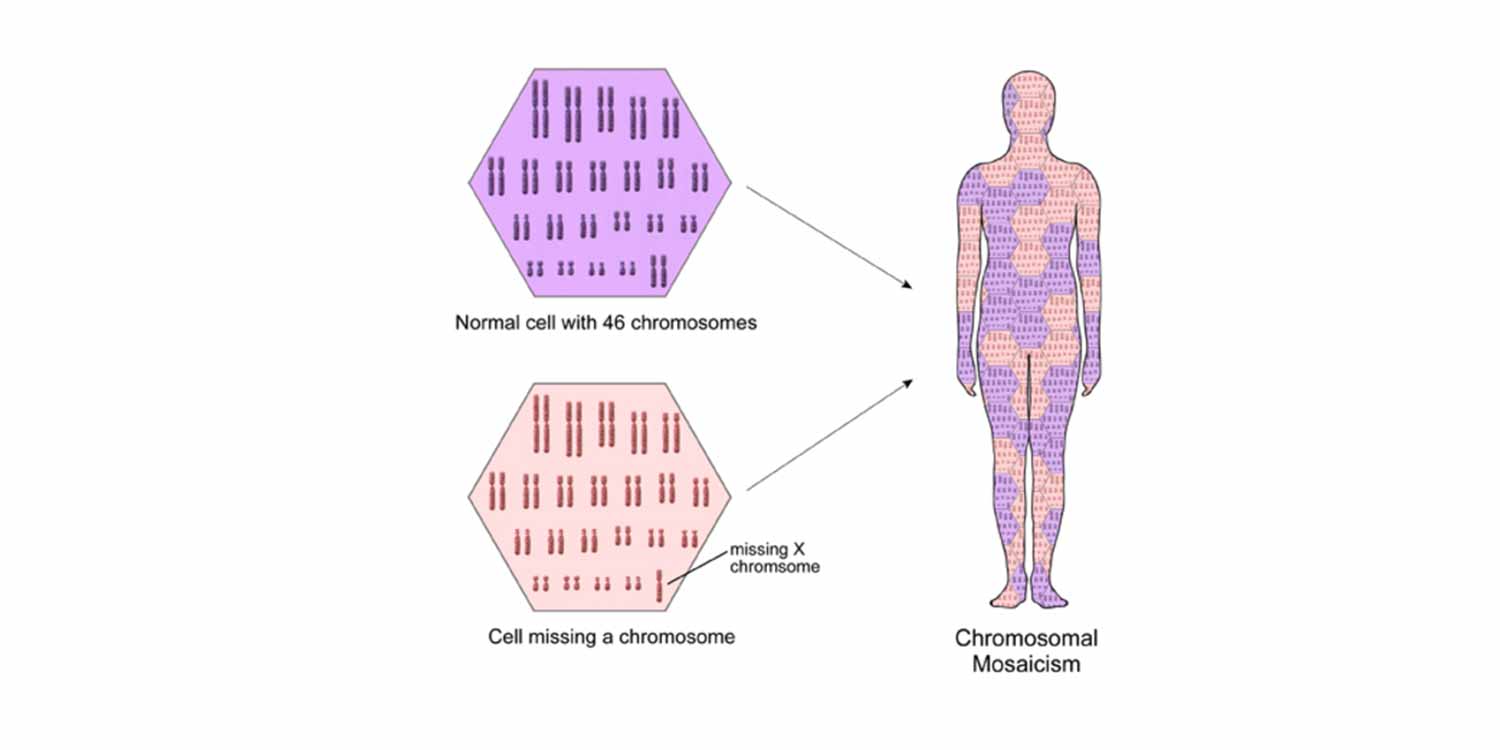Klinefelter’s Syndrome is the genetic disorder due to irregularities in chromosome 23. It occurs in boys have two X and one Y chromosome instead of an XY pair.
What are the symptoms of Klinefelter’s Syndrome?
Children exhibit:
- Taller than average stature
- Breast tissue development
- Underdeveloped genitals (hypoplasia)
- Reduced hair growth
- Short torso and long arms
- Reduced muscle tone
- Weak bones
- Narrow shoulders and wide pelvis
- Speech problems.
How is Klinefelter’s Syndrome diagnosed?
The diagnosis can be made in prenatal tests, but it is usually diagnosed much later. The endocrinologist can observe if the child is suffering from Klinefelter’s Syndrome through the symptoms exhibited by the child and through tests measuring testosterone and chromosomes.
How is Klinefelter’s Synfrome treated?
Klinefelter’s Syndrome cannot be cured. However, with appropriate testosterone replacement therapy, development of secondary sex characteristics, onset of puberty and bone growth can be achieved.
What is the prognosis for children with Klinefelter’s Syndrome?
Children suffering from Klinefelter’s do not differ greatly from other children. During adolescence, they often experience psychological problems and learning difficulties, but they manage to become independent and live a normal life.

